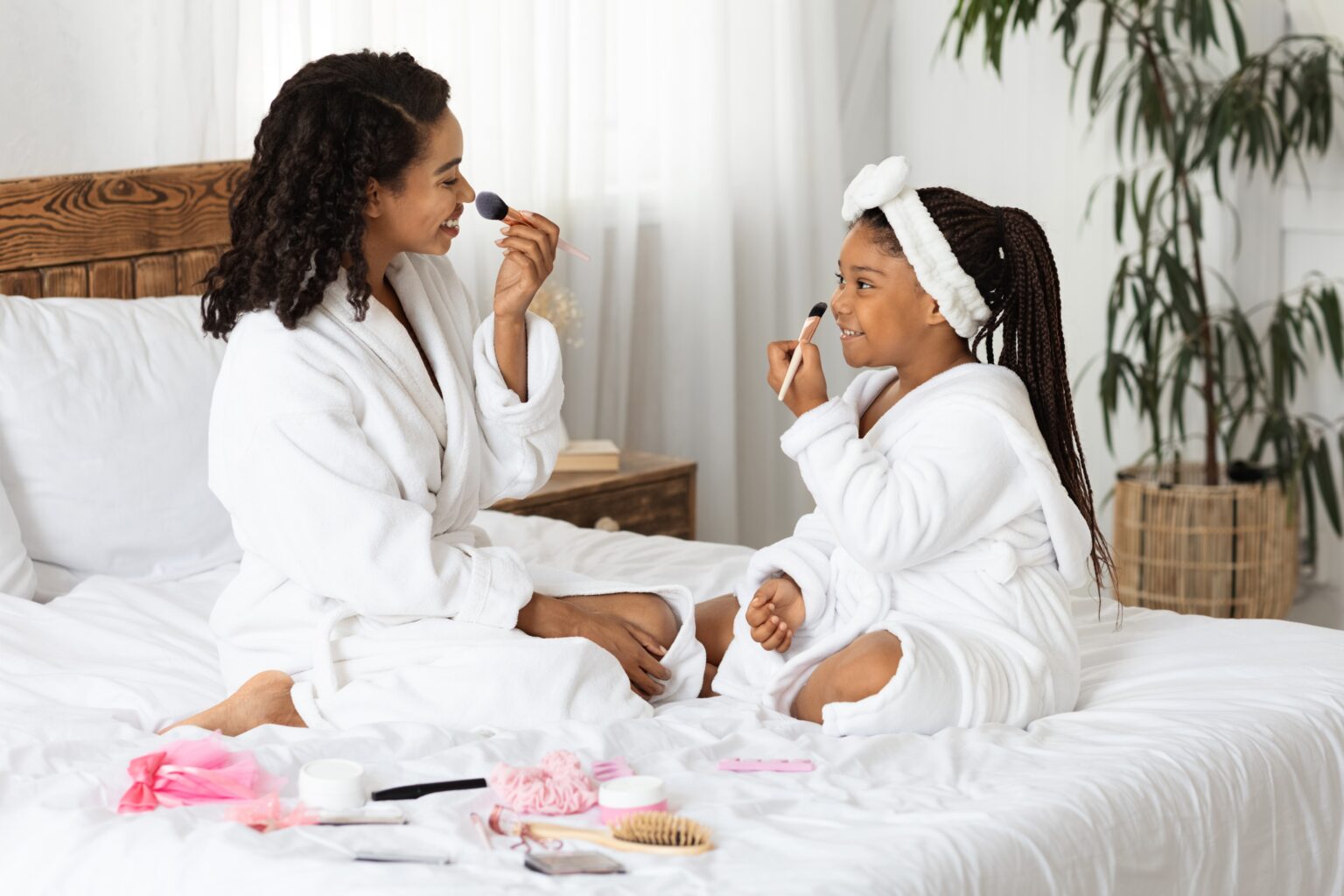In recent years, the value of the African market for beauty products has skyrocketed. According to a report by Research And Markets, the African beauty and cosmetics industry is projected to increase from its current level to $22.8 billion by 2025, a compound annual growth rate of 5.5%.
One important reason for this growth is the rising demand for cosmetics made from natural, regional ingredients. Natural resources such as shea butter, coconut oil, and baobab oil have helped make several African countries well-known around the world. These natural ingredients not only help the skin, but they also promote the use of locally sourced resources, which is good for the economy and the job market.
The beauty industry in Africa is booming thanks in part to the rising demand for halal-certified products. Many Muslims choose to buy items that are labeled “Halal” because they are compliant with Islamic law. Considering Africa’s rapidly growing Muslim population, sales of halal-certified toiletries should see a significant uptick.
The African cosmetics industry and the wider beauty industry have a dual purpose in promoting national pride and individual expression. There has been a significant increase in the number of cosmetics and beauty businesses founded by Africans that incorporate traditional African patterns and themes into their packaging and branding.
The African cosmetics and beauty industry, despite these advancements, nonetheless faces a number of challenges. Small and medium-sized businesses (SMEs) are hampered in their growth and development by a dearth of financial and other resources. The extensive availability of recognized international brands is a key factor in the prosperity of multinational firms venturing into Africa.
Read Also: Africa’s fashion industry embracing technology
The penetration of international beauty brands in Africa
Many international companies are opening branches in Nigeria or South Africa to take advantage of the burgeoning market for cosmetics and personal care products in Africa.
Companies including Estée Lauder, L’Oreal, and Procter & Gamble have established operations in Africa. All around Africa, especially in Nigeria, Kenya, and South Africa, these brands have a lot of fans.
Because of their extensive product line that caters to a wide range of skin tones and individual preferences, L’Oreal is one of the most popular brands of cosmetics in Nigeria. Elvive, the brand’s flagship hair care product, has helped propel the company to prominence. Due to its many best-sellers, such the True Match foundation and the Infallible Pro-Matte liquid lipstick, L’Oreal also has a substantial portion of the Nigerian cosmetics market.
Unilever is the most popular cosmetics brand in Kenya, with products suitable for women and men of all ages and skin tones. Dove and Ponds are two widely known brands produced by this company, which primarily targets the skin care industry. Unilever’s Dove and Sunsilk brands are the most popular in Kenya, although the corporation also sells several other well-known hair care products.
Procter & Gamble is a major player in the South African cosmetics market, with a wide range of options for consumers with varying skin types and aesthetic preferences. Olay and Head & Shoulders are two well-known brands produced by the firm. Some of Procter & Gamble’s most successful hair care products in South Africa include Pantene and Herbal Essences, although they have many more popular lines that have also done well.
MAC is owned by Estée Lauder Companies, a conglomerate that includes some of the most illustrious names in the cosmetics industry. Estée Lauder controls the majority of the African cosmetics market, whereas MAC may be found at upscale locations across the continent’s major cities.
Keep in mind that MAC is a luxury brand, its products will typically cost more than those of lesser quality. A substantial section of the African consumer market may be tough to crack as a result.
Opportunities for African Beauty Brands
Local African cosmetics and beauty firms can cash in for a number of reasons. The African beauty sector is booming, and this is a fantastic chance for regionally focused businesses to benefit from the expansion. In addition, numerous indigenous African businesses provide original, high-quality goods that meet the varied tastes and requirements of their customers. This can provide them an advantage over competing global brands that lack a local presence or familiarity with the African market.
The rising trend of “Afrocentric beauty” or “black beauty,” which highlights the celebration and portrayal of genuine African beauty, is another opportunity for indigenous African cosmetic and beauty firms. This movement is gaining steam all across the world, not just in Africa, as people are searching for more realistic portrayals of minorities in the cosmetics market. As a result, there is a huge opportunity for growth in the domestic and global markets for African companies that can position themselves in line with this movement and provide goods for this consumer base.
By Fateema Ramji
